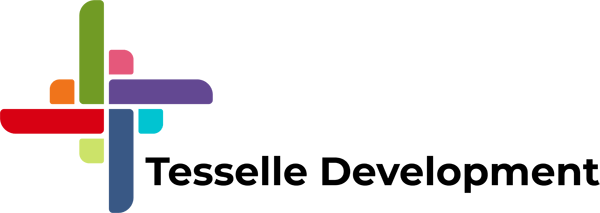Influencing research culture
With Dr Sean Sapcariu
Growing up as an American is maybe what gave Sean a sense of freedom as he moved along his career. His ethos of trying things out and jumping into the deep end have been key in his career explorations.
In his current role, Sean is on a mission to influence research culture in Luxemburg- not a small goal! He talks about having huge goals as well as quick wins. A sensible approach when it comes to challenging research culture.
About Sean
Sean is currently project manager at Fonts National de la Recherche in Luxemburg.
get in touch with him: https://www.linkedin.com/in/seansapcariu/
Listening to our conversation will prompt your thinking
What would “the courage to quit” looks like for you?
Do you have quick wins when it comes to influencing your professional environment?
Are you prepared to have your big ideas really challenged, criticised and reshaped?
Some reflections and questions to ponder based on my discussion with Sean
When you train as a scientist, one of the things you get really good at doing is to keep going. Tenacity is drilled into you during your research training. Learning to do hard stuff like asking research questions and finding ways of answering them pushes us to keep going even when things are hard. It is both a gift- having the courage to continue even when we want to give up and at the same time an hinderance- we are rarely prepared to let go of things that don’t work.
Such tenacity is what makes researchers who they are. They push the boundaries of knowledge where no one has been before. They find solutions in innovative ways that could not be conceived before. However, this gift they have of pushing through even when things are really hard may be one of the challenges in their way when it comes to rethinking their professional life when things are not working out.
The advantage that Sean had was that his American education gave him more openness to consider his professional context than maybe other educational background may have. Growing up in France, I can promise you that openness when it comes to career transition is not something we are much blessed with in the French system! Well maybe things have changed now, but this was definitely not the case when I was a kid and a student.
The courage to quit a career that does not work for us anymore…
The courage to quit an organisation whose values do not meet our own…
The courage to quit when the changes we have tried to discuss with a boss are never implemented…
all of these are hard.
So many of us get stuck in situations or roles that are not working for us. The lightness of being in embracing change like Sean did at the end of his PhD could be seen as something you can do when you are young and without any family responsibilities, or when you have the privilege and the mean to implement change. This certainly helps take drastic action. Not having the privilege to quit position, situation, environment should not be an exclusion to the quit option.
With many of my academic coaches, discussions are about finding alternatives. We are often so stuck with our ways of thinking about situations that our way of looking at options is pretty narrow. We give ourselves lots of options about what “quit” looks like, but many of them are just negative options that continue to limit our sense of freedom and possibilities. It is almost like we are scared in believing that things could be different and better than what we are experiencing.
So, if you are in a situation where “the courage to quit” is battling its way in your mind, how do you go about finding the path to what’s next?
Working with a coach (ok I know I am biased since I work as a coach!) is certainly a good option! A coach is someone who will help you to think aloud about what is going on and will help you entangle the many threads of your thoughts that are impeding your exploration of options.
Here are a few questions you could start asking yourself to unstuck you from your inner conversation about “the courage to quit”:
o What would my best friend tell me if I brough up the idea of wanting to quit (whatever you want to quit…)?
o If this thing was behind me, how would I feel?
o What could be the kindest thing that would need to happen for me to decide not to quit?
o Life is very short…to be my best self in my best life, what needs to go and what can stay?
If you have never experienced working with a coach to help you figure things out for yourself, give it a try!
I am always keen to get people in the research environment a taste of what coaching feels like since it is not an approach that is so well embedded.
If you are interested in experiencing coaching, do reach out to me! Sandrine@tesselledevelopment.com
“The goal should be to make people’s lives better through research or by making the research ecosystem better that their lives are improved. ”

